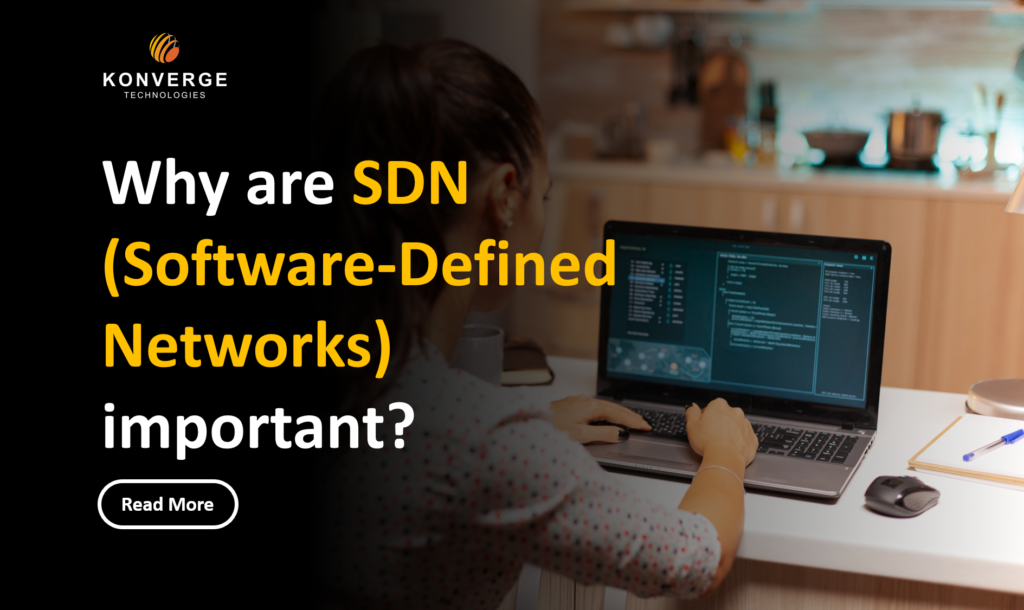
Why are SDN (Software-Defined Networks) important?

Networks have become a significant part of business as consumers and organizations depend on network connectivity for almost everything. It includes internal communication, customer services, sales, sharing documents and so much more.
A software-defined network is an approach that uses software-based controllers to communicate with the hardware infrastructure and direct the traffic on the network. This is done in order to virtualize the network control.
This model differs from the traditional network which has dedicated hardware devices to control traffic. The software-defined network creates and controls a hardware network using the software. This allows organizations to segment their virtual network within a single network and connect different physical networks to create a single network.
This blog will talk extensively about why are software-defined networks important for your organization.
Let’s see why are software-defined networks important
Centralized network view
One important factor to have an SDN in place is that it creates a centralized network view by separating the network’s control and forwarding for more efficient automation of network services.
More control, speed and flexibility
SDN allows your network administrator to control the traffic through an open standard software-based controller instead of programming multiple vendor-specific hardware devices manually. Since they now have the option to choose a single protocol for communicating with multiple hardware devices, they also have more flexibility in choosing the network equipment for ease of creating a single network.
Customized infrastructure
SDN allows network administrators to configure network services and allocate virtual resources to change network infrastructure from a centralized network in real-time. This allows easy optimization of data flow in the network and prioritizes required applications.
Security
SDN gives administrators visibility in the network for a more holistic view of threats and offers advantages that traditional networks don’t offer. It allows the creation of separate zones for devices requiring different security levels and quarantine of compromised devices that can infect the network.
Cost efficient
You spend less, both money and effort, on managing onsite hardware, get lower energy bills and enjoy greater uptime. In a traditional network when you need additional resources, you spend on buying hardware, software and licensing while with SDN, this becomes far more easy and cheap.
Adopting SDN brings a myriad of benefits specially in performance and bringing operational efficiency which are difficult with a traditional network. It reduces network vulnerability and streamlines network management. It also facilitates agility and brings technology capabilities along with it and this is why software-defined networks are important for any organization.



